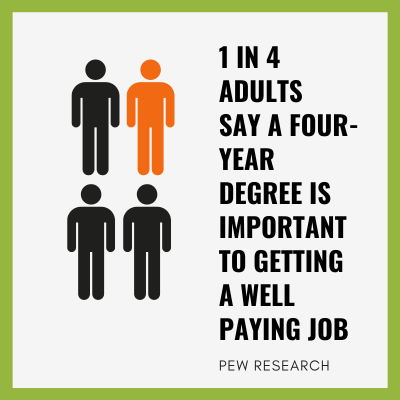There may be concerns about AI replacing human employees but a new report has found that it is human skills that dominate the power skills that employers seek today. Mike Howells explains how HR leaders can make space for the human, without hampering technical progress.
Automation and artificial intelligence (AI) are wielding increasing influence on many day-to-day roles, with the recent rise of generative AI putting even more industries in the spotlight.
In fact, it’s hard to remember a time when the place of humans within the future workplace has been more uncertain.
While no-one can confidently predict what role generative AI will play in future, what we are certain of is that the skills possessed by today’s workforce cannot keep pace with present and future demands of work.
An uncertain future?
As such, it’s projected that we will need to reskill 1 billion people by 2030, according to the World Economic Forum.
Today’s employment market is already complex.
We’re in the midst of an extremely challenging economic period, and employers everywhere are facing a growing schism between their job requirements, and the skill sets that both internal and external applicants actually offer.
Mind the gap
In the last few years, it’s been hard to escape headlines shouting about that growing digital skills gap.
And reading those articles, you might think we should focus all upskilling efforts on digital and technical skills. But after analysing 21 million job ads around the world, we beg to differ.
The power of human skills
Our Pearson Skills Outlook reveals that it’s actually both human and technical skills that power the global economy, with human skills dominating the power skills that employers seek today.
While technical skills are, of course, vitally important, innately interpersonal qualities are highly prized as businesses prioritise transferable traits that are applicable to multiple roles, and make employees more rounded and adaptable.
Communication, collaboration and a desire to learn
The analysis of in-demand and trending skills shows that as of today, demand for communication, customer service, leadership, attention to detail and collaboration remains high.
That’s all well and good, you might think to yourself. Surely that’s likely to change soon.
Technology is everywhere, right? And demand for technical skills will surely grow as new tools gain mainstream adoption, and automation across supply chains pushes the world’s citizens towards knowledge work?
Well, we looked into that. Our AI-based modeling also allows us to project how the automation of certain tasks, and the augmentation of others – in other words, where technology complements human capabilities – will affect the nature of work in the future, and which abilities are likely to be needed.
Continue reading full article here.
Or if you are ready to learn how Jobspeaker can help you move to a Skill-Based Hiring Approach, schedule a demo today.


